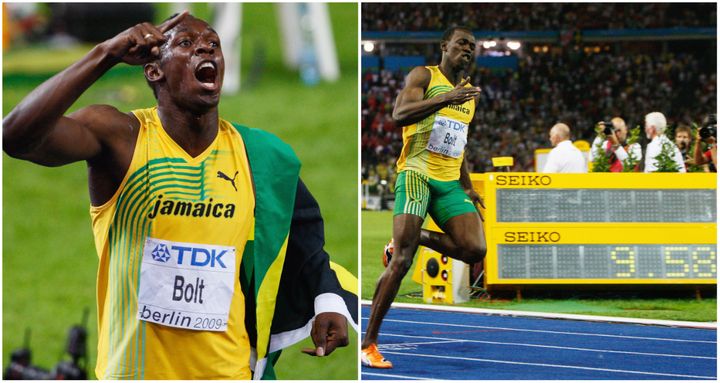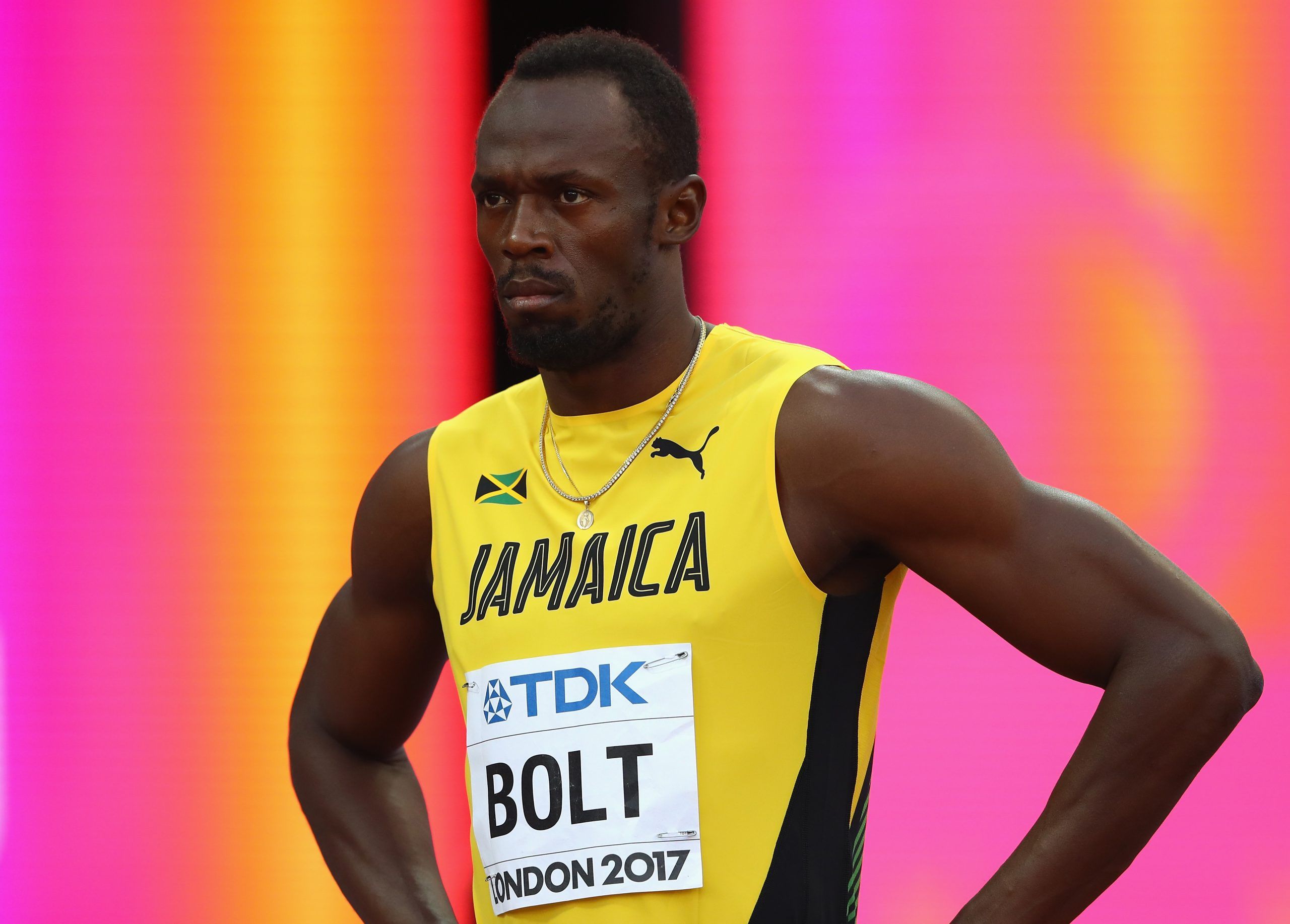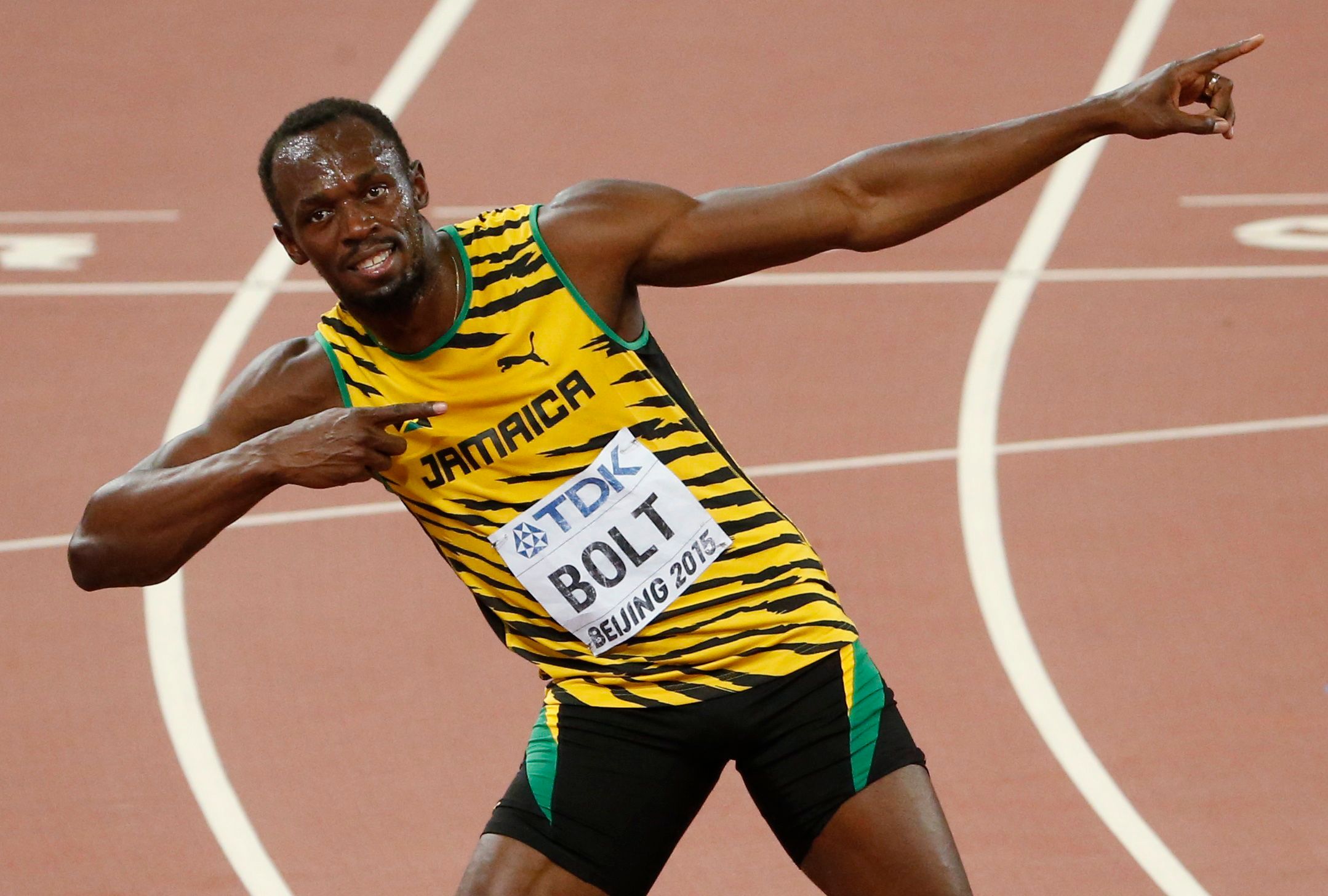Usain Bolt famously won the gold medal at the Beijing Olympics with a shockingly exceptional time of 9.69 seconds, iconically jogging to the line after obliterating the field in the early stages of the race.
A year on from that, he broke the world record with a 9.58 second time in Berlin, showing us just how fast the Jamaican really was.
So far, years on from that historic day, no one has even managed to come close to that time, with Bolt himself not even being able to replicate anything like that, setting an obscene record while finally being at full tilt for the full race.
A fair few sprinters have managed to join Bolt in posting times below 10 seconds, but can anyone get close to the record he set and become the first athlete to post a time under nine seconds?
Can anyone run faster than Usain Bolt?
A study has been done by Sport Biomechanics at the University of Bath to see if a sub-nine second time will ever be achieved.
The 100m is normally the most watched event at any athletics competition or the Olympic Games and is over in the blink of an eye.
It took until the 1968 Olympics in Mexico City to see the first below 10 seconds 100m race thanks to Jim Hines when he clocked a 9.95 seconds time.
So clearly, the times are generally getting quicker and quicker, with sprinters going to places we never thought we’d see.
However, a sub-nine second race seems beyond the realms of possibility, with this scientific study from Polly McGuigan and Aki Salo working out if it will ever be possible.
Their findings were: “A combination of genetics and training would need to produce bum, thigh, and calf muscles which are a little bit stronger and faster than the current best sprinters.
“A muscle with a high proportion of large, fast twitch muscle fibres will be able to generate larger amounts of force more quickly than a muscle with a lower proportion.”
They believe the times will start to plateau, with the record becoming harder and harder to match, although the sub-nine seconds is on they think: “It's safe to say that someone will break the nine-second barrier – not necessarily in our lifetime, but it will happen one day.”
However, other experts have disputed this, with Dr Sam Allen believing the contrary, with a time below nine seconds beyond the realms of possibility.






















